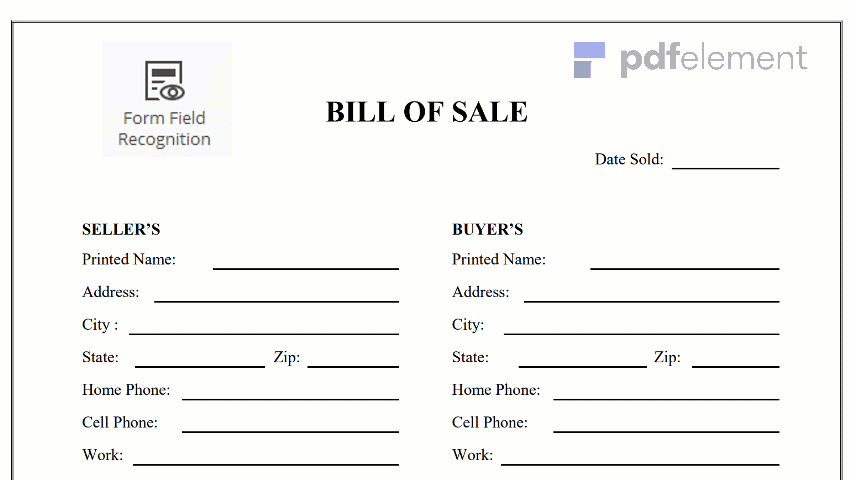
Visualizing how a venue would look like with the invited guests is one of the exciting parts of holding an event. For it to be successful, several things should be taken care of like the seating arrangements. It will help us to ease the doubts of not being able to make them feel comfortable and satisfied. If the event would be held in an ample place, it is necessary to do a seating chart, and if one doesn’t know how to make one, there are lots of Seating Chart templates that can be looked upon. Seating Charts should be clear enough to look at and must indicate the targeted position for everyone, showing a diagram of where they are going to settle during the event.
A successful event can be achieved if it is well-planned and organized, that is why laying out details is necessary. In making a seating chart, one should be mindful of the area on where the seating chart is based, and the people who are going to fill in each block. When making a seating chart for an event where a speaker is needed to be seen by everyone, make sure that the blocking is possible for them to see the speaker. Some seating arrangement for these kinds of events is better if the seats are encircling the hosts. In some cases, if the seating chart would be for a wedding reception where there would be different tables, it is better to designate the seats according to the family members and important guests.
Here is the instruction on how to fill up a boat bill of sale:
Step 1 Purpose of the Seating Chart- It is important to know which kind of seating chart to make first. Knowing if it’s for a class, a vehicular seat, a concert seat, or an event seat would easily determine what details should be needed.
Step 2 Number of people to expect- If a bunch of people is coming and seats are just intended for a small number of people, the event might become a flop and mess. Especially if the seats are not well designated, the situation might become uncontrollable. So it is just right to know how many people to expect and make sure the chart itself would notify everyone who will look at it.
Step 3 Venue- Once you know what kind of chart to do and who to expect, it is now time to consider the area to be blocked. The number of chairs or seat should match just the right amount of number that the place can accommodate.
Step 4 Plotting the seats- Through the help of some templates, it is should be easy to grab an idea of how your chart is going to look like. It can be made through Microsoft Word, Excel, or PDF. Setting a unified shape and color for each seat and row or table is a good way to visualize the chart.
Step 5 Labeling- Once you are done with plotting the desired seating arrangement, it is necessary to mind the designation of each guest or person who will fill the seats. It will help and assist them to find their way to their respective areas, easier for them to navigate, and fewer worries for the hosts.
Well-arranged seat charts are meant to be a good guideline for everyone who would look into it. In order to make the right chart, here are some tips on making Seating Charts:
1. Accurate Details- This is the most important thing to remember when making a seating chart. Collecting accurate details, considering where the audience or guests should be facing to achieve a nice blocking.
2. Make it simple- If this chart is going to be posted just before the people proceed inside the venue, this should be simple and easy to look at for clarity.Now this is quite confusing, but businesses can always make another copy of the invoice issued especially when dealing outside the country, you can make two copies with your currency and two copies of the trader’s currency, with only one tracking number or transaction number. This is to consider the customers.
3. Search the Internet- Lots of templates are available for free download on the internet. There are customizable formats for a more personalized look. In this way making a Seating Chart should be very easy. But make sure that the template is just right for the details that you have collected for the one that you are making.